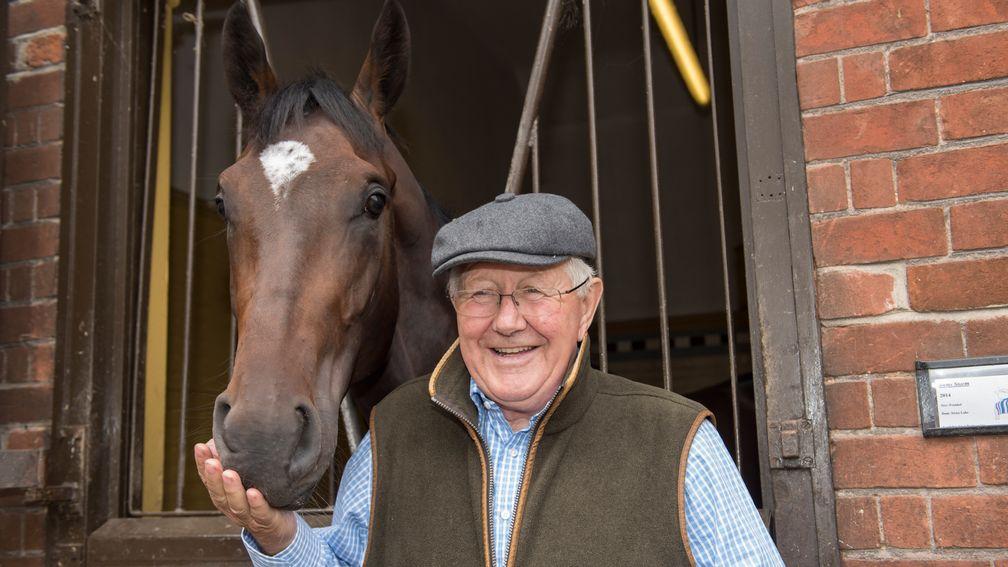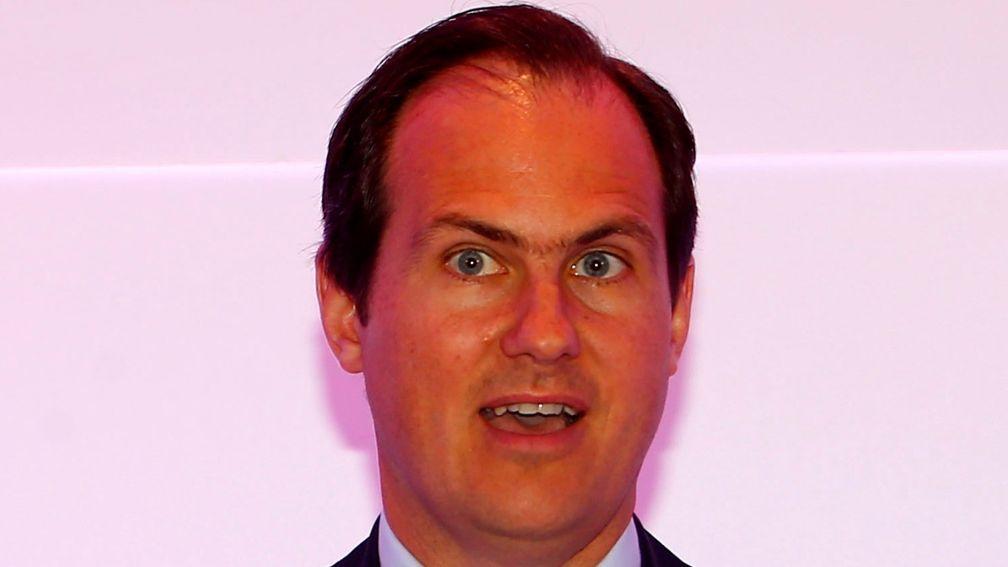Welfare paramount say trainers following action on non-runners

Trainers have said the welfare of the sport's equine participants must come first as the sport digested the BHA's package of measures to reduce the number of non-runners unveiled on Wednesday.
The ten recommendations have been designed to address the three main causes of non-runners after declaration time – self certificates, vets' certificates and going alterations – and include publishing tables of trainer non-runner rates and potentially preventing repeat offenders from using self-certificates for 12 months.
The proposals have been largely welcomed across the sport but the Racehorse Owners Association criticised them for the extra costs owners would incur, although chief executive Charlie Liverton on Thursday reined back from comments that the BHA had not placed enough store in equine welfare.
Nevertheless, that was an issue brought up by a number of trainers on Thursday, while others blamed increased non-runners on the introduction of 48-hour declarations.
In a blog on the subject trainer Daniel Kubler said: "We all want to win races – owners, staff, trainers and punters.
"For that to happen the welfare of the horse must come first. Horses need to be able to run where their chance of success is greatest and the system that governs the sport must be designed to allow horses to run easily in the races where they have the greatest chance.
"There should be no penalty for acting in the best interest of a horse's welfare."
Roger Varian echoed that point. He said: "From a horseman's point of view, the welfare of the horse comes first and the interests of the owner over those of the racecourses and punters."
Fellow Newmarket trainer David Elsworth said: "The interests of the owner are paramount when it comes to running their horses, not those of the racecourses or punters, as without owners there would be no racing.
"The trainer's job is to place the horse to the best possible advantage but if it's a non-runner so what?"
However James Fanshawe was not in total opposition to the changes, saying: "I haven't studied the ins and outs of it but it's clear that some people were taking the mickey with the system and this league table idea is a good thing."
International revenues stemming from the use of 48-hour declarations have grown to £16 million per year but trainers said the declaration time had caused more non-runners.
Richard Fahey said: "I don't know what the problem is as looking at the stats we have fewer non-runners now than we had in 2012. The key fact is that it's all down to 48-hour declarations."
William Haggas said: "The situation with non-runners was predicted when 48-hour declarations were brought in and so it has proved."

Equine welfare comes first
Liverton had been the most outspoken critic of the BHA's move and said on Thursday the feedback he had received had been "positive and constructive".
However he made clear that there were still too many non-runners and said those who abused the system should be punished.
He added: "The ROA statement implied that the BHA did not take seriously the welfare of horses or horsemen. We would like to make it clear that this was not the intention.
"Equine welfare sits at the top of the tripartite agenda [between the tracks, horsemen and BHA] and the ROA is fully supportive of the BHA in ensuring that British racing remains an industry leader in this regard."
The BHA did not respond to Liverton's initial remarks but it is understood it will be working with the ROA privately on the recommendations.
Focus on going descriptions
The proposals will also put going descriptions provided by clerks of courses under scrutiny.
Racecourse Association chief executive Stephen Atkin said: "We think it is good that non-runners have been subject to a review. Clearly sometimes non-runners will be unavoidable but creating an environment in which they are minimised is something we think our customers want to see."
He added: "Clerks of the course go out of their way to give an accurate going description. I can't say for certain that there will not be errors, it is a matter of human nature and of course people's judgement as to the state of the going is not a standard approach, so one trainer may view the going at one level and another trainer at another.
"There are some concerns about how the GoingStick works and how much of an aid it is. It is quite difficult to produce something that is completely foolproof."
Racegoers' views
While trainers and owners' representatives have given the non-runner proposals a mixed reception, racegoers at Beverley and Salisbury largely gave the initiative a thumbs up on Thursday
I think the changes are a great idea. It is most annoying when you have an each-way bet and then there are three non-runners to make it a seven-runner field instead of ten so you only get two places and your horse finishes third.
Ray Ward, Doncaster
Too many trainers seem to think that unless things are perfect for their horses they can take them out willy-nilly. There are far too many non-runners at the moment and it makes life very difficult for punters. The changes are a good thing.
Stan Yardley, Hull
What annoys me most is when horses come out on account of the going, yet the going is good. Surely every horse can run on good ground? It just seems an excuse, possibly they don't want to run because there is an easier race later in the week. I am pleased that won't be so easy to do now.
John Pradleigh, Selby
I don't know too much about why horses don't run, but if they are injured surely it is a good thing they don't. As for the draw, well I don't blame them. If you are drawn on the wide outside somewhere like here at Beverley over five furlongs, then you don't have much chance so why would you want to run? Tracks should be made fairer. George Fothergill, York
It's frustrating, but there always seems to be an excuse so it's good to hear they are clamping down. We've got nine I think at Salisbury, most of them on account of the ground, yet it's basically good ground, with hardly any change. It's not right.
Michael Mann, Bournemouth
It's ruining racing, so it's about time they did something about it.
Richard Hole, Sherborne
Trainers want winners and don't like wasting a run, so I can understand why there are so many at tracks like Chester, where the draw is so important. But it's not right that they can come out again a day or two later, so something needed to be done.
Adam Slater, Marlborough
If you are interested in this, you might also like
Rain takes toll as fixtures hit by 100 non-runners
Published on 17 August 2017inNews
Last updated 18:49, 17 August 2017
- The latest edition of the Racing Post is available to read online now - here's how you can access it
- How Smart View recorded a 76 per cent profit at the Cheltenham Festival
- Smart View is available on the Racing Post app - how to read the revolutionary new racecard
- Levy reform talks 'accelerating' as clock ticks down to April deadline for agreement
- Kieran Shoemark lands another plum Meydan ride for Gosden stable on Trawlerman in Saturday's Dubai Gold Cup
- The latest edition of the Racing Post is available to read online now - here's how you can access it
- How Smart View recorded a 76 per cent profit at the Cheltenham Festival
- Smart View is available on the Racing Post app - how to read the revolutionary new racecard
- Levy reform talks 'accelerating' as clock ticks down to April deadline for agreement
- Kieran Shoemark lands another plum Meydan ride for Gosden stable on Trawlerman in Saturday's Dubai Gold Cup